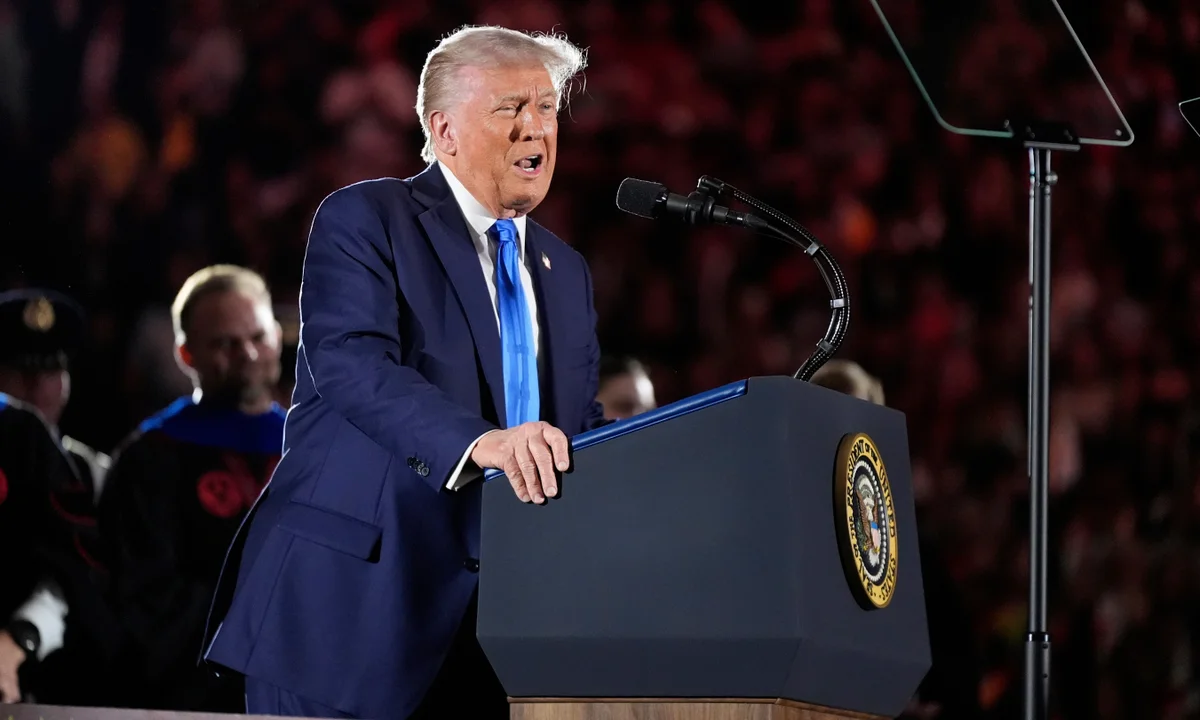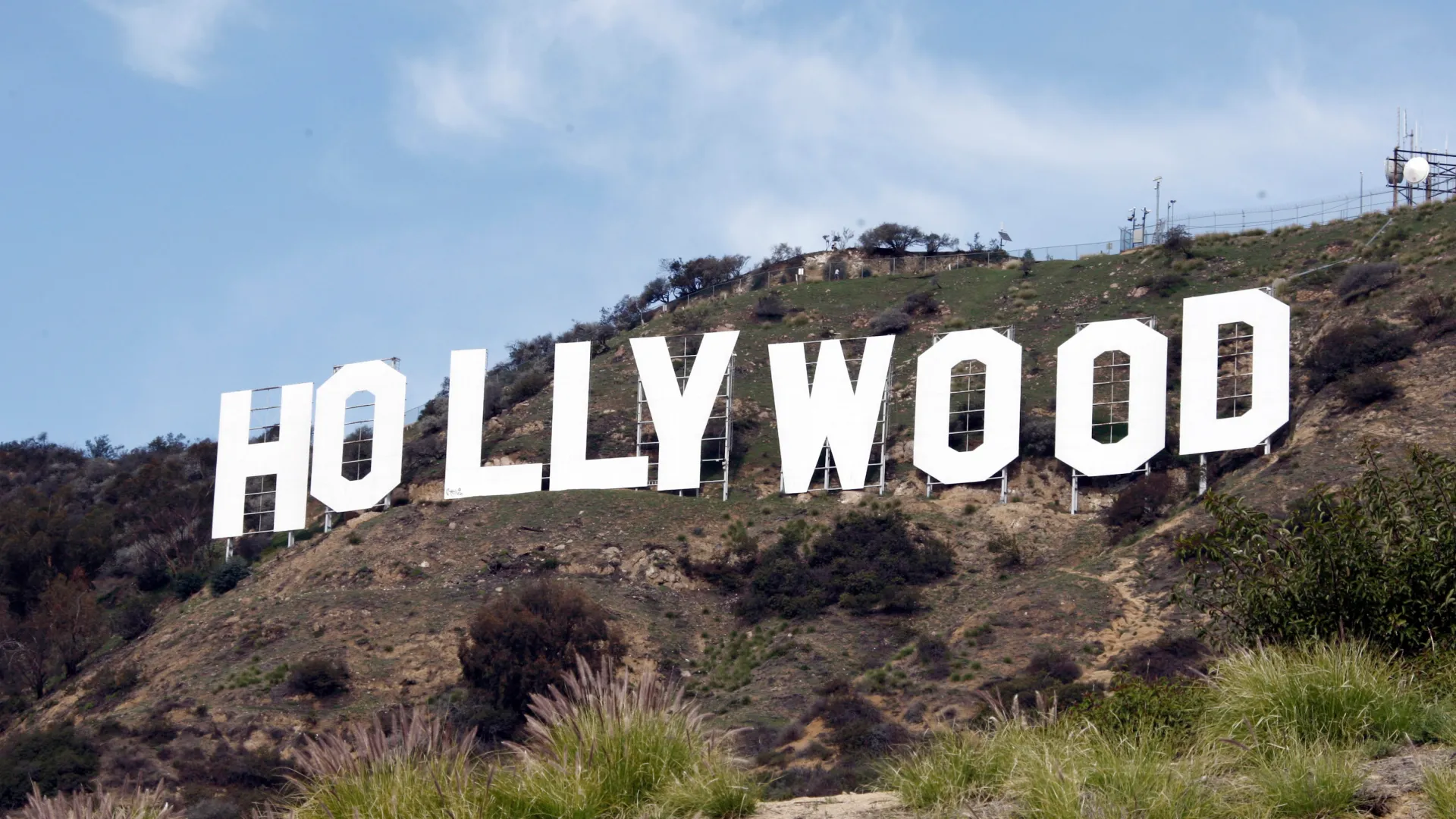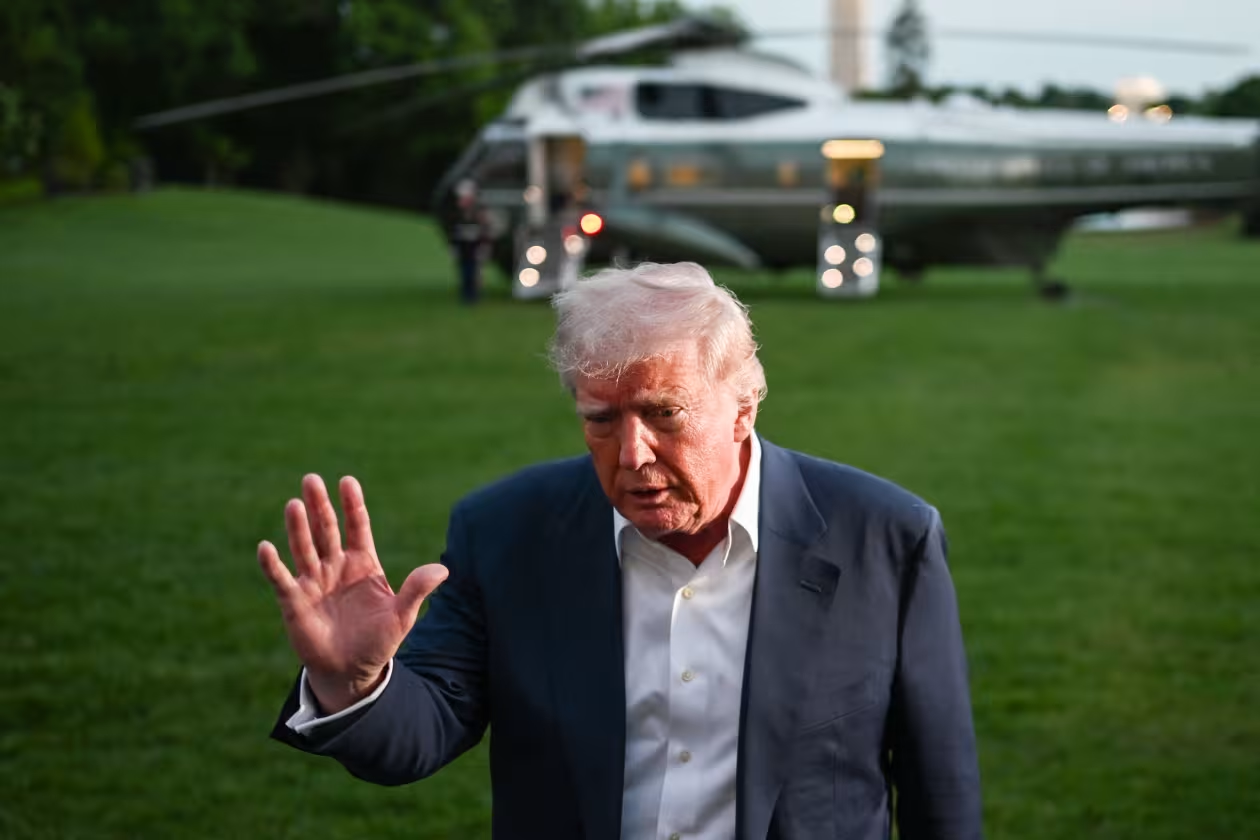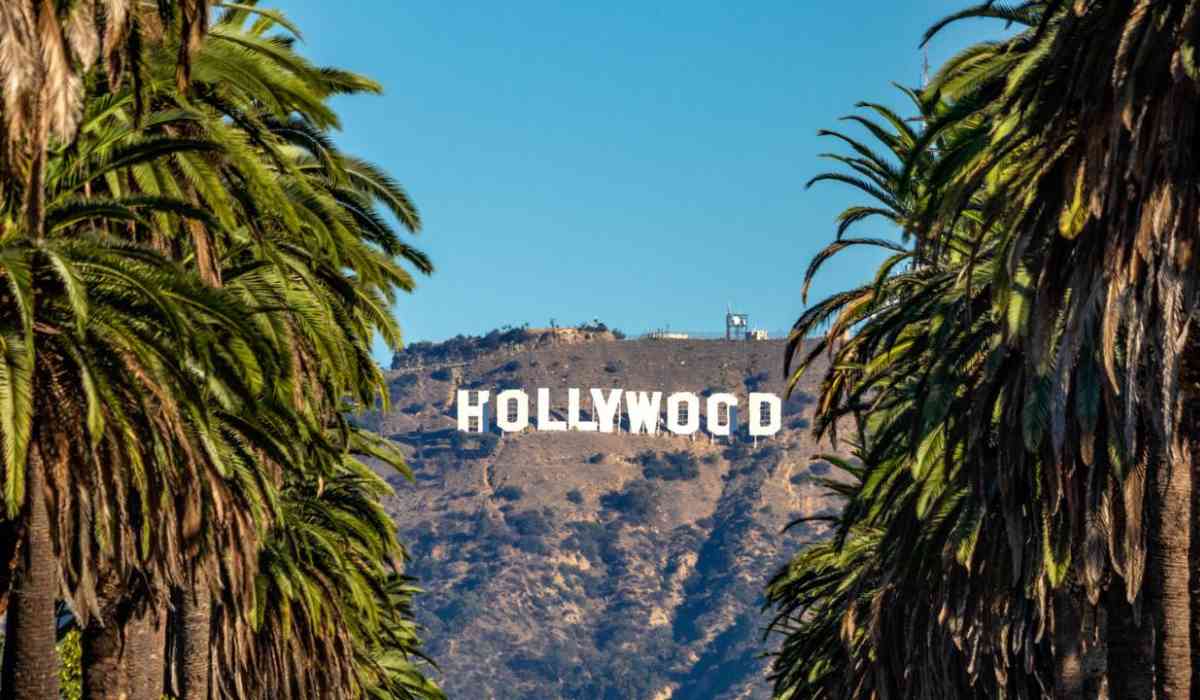More than 100 days into his latest term, US President Donald Trump has once again stirred controversy—this time by turning his trade war spotlight onto the silver screen. In a dramatic announcement on Sunday, May 4, via his social media platform Truth Social, Trump declared a 100% tariff on all films produced outside the United States.
Calling the current state of Hollywood a “national security threat,” Trump claimed that foreign incentives were devastating America’s film industry. The proclamation has left the entertainment world scrambling for clarity—and answers.

Trump's Surprise Tariff on Foreign Films: What Exactly Happened?
On May 4, Trump publicly authorized the Department of Commerce and the United States Trade Representative (USTR) to immediately enforce a 100% tariff on foreign-made movies entering the US. According to the president, this was a necessary step to protect the domestic film industry, which he claimed is “dying a very fast death.”
In his post, Trump stated:
“Other countries are offering all sorts of incentives to draw our filmmakers and studios away from the United States. Hollywood, and many other areas within the USA, are being devastated... This is a concerted effort by other nations and, therefore, a national security threat.”
Commerce Secretary Howard Lutnick responded shortly after, posting on X (formerly Twitter): “We’re on it.”
What's Driving This Controversial Move?
While Trump’s statement was vague on specifics, the underlying motivation seems to stem from the increasing number of Hollywood productions being filmed overseas—often lured by lucrative tax breaks and financial incentives.
Recent High-Budget Films Shot Abroad:
-
A Minecraft Movie (highest-grossing Hollywood film this year): Primarily shot in New Zealand
-
The Fantastic Four: First Steps (Walt Disney Co): Filmed in the UK and Spain
-
Jurassic World Rebirth (Universal Pictures): Shot across Thailand, the UK, Malta, and the US
-
Other notable examples: Deadpool & Wolverine, Wicked, Gladiator II
These international shoots have led to a notable decline in jobs for U.S.-based film workers such as camera operators, electricians, and makeup artists. According to the International Alliance of Theatrical Stage Employees, approximately 18,000 full-time industry jobs have disappeared in the last three years—mostly in California.

Can Trump Legally Enforce This Tariff?
The announcement immediately sparked legal and logistical questions:
-
Are films eligible for tariffs? Movies are classified as intellectual property, not physical goods, complicating their inclusion in traditional tariff structures.
-
How would enforcement work? Many movies are international co-productions. Some are partially filmed in the US but produced overseas. Take Mission: Impossible – The Final Reckoning, for instance—it’s primarily shot in the UK but opens in US theatres this May. Would this be taxed?
-
How to value a film for tariffs? Unlike goods that have a fixed value at customs, the value of a movie varies based on distribution deals, revenue projections, and production costs.
Even Commerce Secretary Lutnick offered no concrete implementation strategy, adding to the confusion.
Additionally, CNN noted that while services aren't usually subjected to tariffs, they can be regulated through non-tariff barriers, such as tax incentives and local content requirements.

The Broader Trade War: Context and Consequences
Trump’s latest tariff declaration comes amid a larger backdrop of escalating trade tensions—particularly with China. Last month, the administration rolled out reciprocal tariffs on global trading partners, ranging from 10% to 50%, with a 125% tariff on Chinese goods remaining in effect.
China, the second-largest film market after the US, recently slashed its quota for American movies. The China Film Administration stated:
“The wrong action of the US government to abuse tariffs on China will inevitably further reduce the domestic audience’s favourability towards American films.”
This emerging tariff war could inflict serious damage on Hollywood’s international revenue streams, especially for giants like Walt Disney, Paramount Global, and Warner Bros Discovery.

Will a 100% Tariff Save or Sink Hollywood?
The answer isn’t straightforward. While Trump argues this will repatriate production and revitalize domestic employment, critics warn that the plan may inflate production costs and alienate global audiences.
Potential Outcomes of the Tariff:
-
Higher production costs in the US
-
More expensive distribution deals, leading to increased movie ticket prices
-
Financial strain on theatres, which are still recovering from the pandemic
-
Greater retaliation from global markets, risking access to lucrative overseas audiences
Hollywood’s domestic box office, which peaked at $12 billion in 2018, crashed to $2 billion in 2020 during the COVID-19 pandemic. Though recovering, revenues still haven't surpassed $9 billion, making any additional hurdles particularly risky.
William Reinsch, a former senior Commerce Department official and fellow at the Center for Strategic and International Studies, warned:
“The retaliation will kill our industry. We have a lot more to lose than to gain.”

How Will This Affect Indian Cinema?
The potential fallout extends far beyond Hollywood, with India’s booming film industry facing a particularly grim scenario.
Why Indian Films Are at Risk:
-
Most Indian films are shot outside the US
-
As a result, they would automatically incur the 100% tariff
-
Distributors would now pay double the price to screen Indian films in the US
For example, if a US distributor buys an Indian movie for $1 million, the tariff would increase the cost to $2 million—making the deal financially unviable.
Notable Impact:
-
“RRR”, the blockbuster directed by S.S. Rajamouli, grossed $65 million in its opening weekend in the US and eventually crossed $14 million in total American box office revenue. Under a 100% tariff, such success stories might be impossible to replicate.
-
Vivek Agnihotri, Indian filmmaker, has already criticized the move, stating that it could collapse India’s film industry, which is already grappling with rising costs and distribution hurdles.
Movies such as Kill, Salaar, and several other high-profile Indian releases now face uncertain futures in the North American market, as reported by NDTV.

Final Thoughts: Populism Meets Popcorn
Trump’s 100% tariff on foreign films is a bold and controversial step. While it aims to reinvigorate the American film industry and bring jobs back to Hollywood, the lack of clarity, implementation complexity, and potential international backlash make it a high-stakes gamble.
From Hollywood studios to Bollywood filmmakers, and from industry workers to global audiences, the implications are vast and uncertain. As the world waits for more clarity on the policy’s implementation, one thing is certain: Trump has once again made headlines—this time at the box office.
With inputs from agencies
Image Source: Multiple agencies
© Copyright 2025. All Rights Reserved Powered by Vygr Media.

























